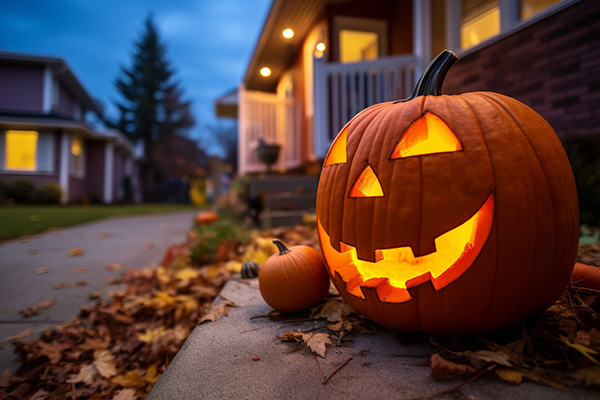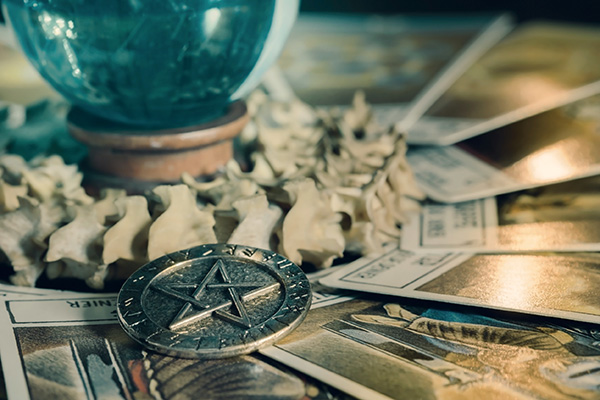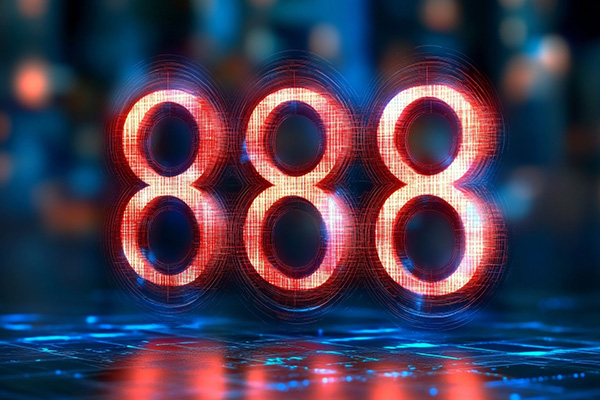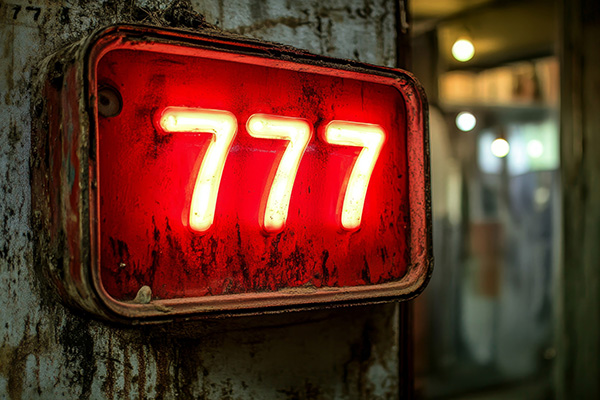superstition
The History And Hidden Blessings Of Halloween

As a child, I remember getting excited about dressing up as a witch on Halloween and enjoying all the treats, like toffee apples and spooky cakes, that my mom used to make.
But one year, my father ruined the holiday for me when he explained his views on the significance of Halloween to me. I was just 10 years old, and it upset me.
Because of his religious beliefs, my father then forbade my siblings and me from celebrating Halloween. This made us feel excluded from our community as we watched other children dress up and enjoy themselves.
As an adult, I learned that it was not the event itself that was the issue, but rather the assumed F.E.A.R. behind it: False Evidence Appearing Real.
Remembering those times recently, I was prompted to take another look into the origin of this holiday tradition and what it truly stands for.
On 31st October each year, the Celtic pagan festival known as Samhain is celebrated, symbolizing the end of the harvest period and the start of the winter season, sometimes referred to as the “darker half” of the annual 12-month cycle.
Long before it became a night of costumes and candy, it was a sacred festival rooted in ancient spiritual tradition. The celebration we now know as Halloween traces its origins to Samhain (pronounced Sow-in), a Gaelic festival that marked the end of the harvest and the beginning of the dark half of the year.
Awakening To A New Age Of Higher Dimensions
 Many of us have been gradually becoming aware of a different kind of reality in recent years. Things that were once hidden, both good and bad, are now exposed for many of us to see.
Many of us have been gradually becoming aware of a different kind of reality in recent years. Things that were once hidden, both good and bad, are now exposed for many of us to see.
Since the new millennium began, and especially in the last ten years, more and more of us have started to feel a deeper connection to a higher power and a growing desire to align with God, Spirit, and the Divine. At the same time, we are also becoming more aware of negative and dark energies that were always present, but are now obvious and undeniable.
This worldwide change is known as the Ascension, the Shift, or the New Earth paradigm. It is a significant shift in energy and awareness. It is also known as 5D consciousness, the Age of Aquarius, or the Great Awakening.
It is a deeply personal change of moving towards unity, love, and a higher level of awareness, and away from negative, fear-based energies of a lower level of awareness.
I’ve seen enough of the negative effects of these lower vibrations in my work to know how draining and soul-destroying it can be. I plan to keep moving with the tides of this new, higher vibrational frequency, which includes not buying into the fear, drama and negativity. It also means keeping an open heart and mind.
We are living in a time of conscious evolution. We are slowly moving from the third-dimensional existence, where duality, time, and materialism remain the focus, to a fifth-dimensional reality, where love, unity, and higher consciousness.
The True Spiritual Meaning Of The Pentagram
 Perhaps no other spiritual or religious icon is as misunderstood as the pentagram, or pentacle. The true symbolism of the pentagram, a five-pointed star often surrounded by a circle, is commonly misrepresented.
Perhaps no other spiritual or religious icon is as misunderstood as the pentagram, or pentacle. The true symbolism of the pentagram, a five-pointed star often surrounded by a circle, is commonly misrepresented.
Contrary to popular misconceptions that associate it with darkness, evil, or Satanism, the pentagram has multiple meanings within various spiritual and religious traditions, most notably within Paganism and modern Wicca.
The pentagram has been a spiritual symbol of significance for millennia, long before its association with modern religious movements.
Historically, it has been used by cultures around the world, often to represent celestial bodies, principles of harmony, or mystical concepts. Its use first appeared in ancient Greece and Mesopotamia around the 1st millennium BC.
It is not widely known that there are significant historical connections between the pentagram and Christianity. Prior to the widespread use of the cross, the pentagram was a popular symbol to adorn the jewelry and amulets of early Christians, often alongside an “X” or a phoenix. This symbol was associated with the five wounds of Christ and also represented the concept of Alpha and Omega united, as the star could be drawn in one continuous movement of the pen.
In contemporary contexts, particularly within Wicca and related neo-pagan belief systems, the pentacle has positive connotations. It’s seen as a symbol of protection, spirituality, and the interconnectedness of the elements. Each point of the star represents an aspect of balance, holistic existence, conscious living, and the cyclical nature of life.



